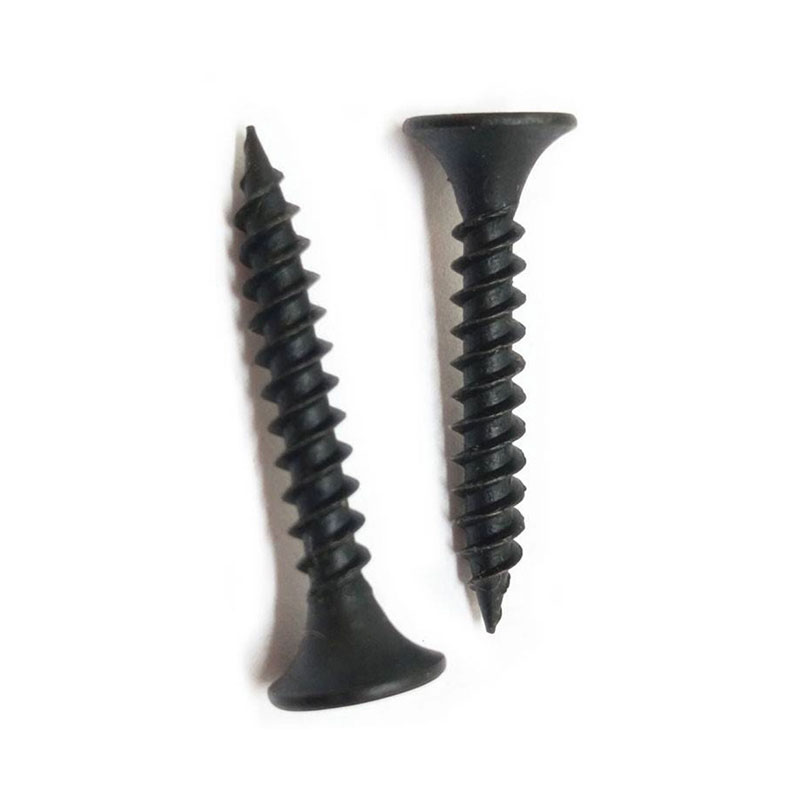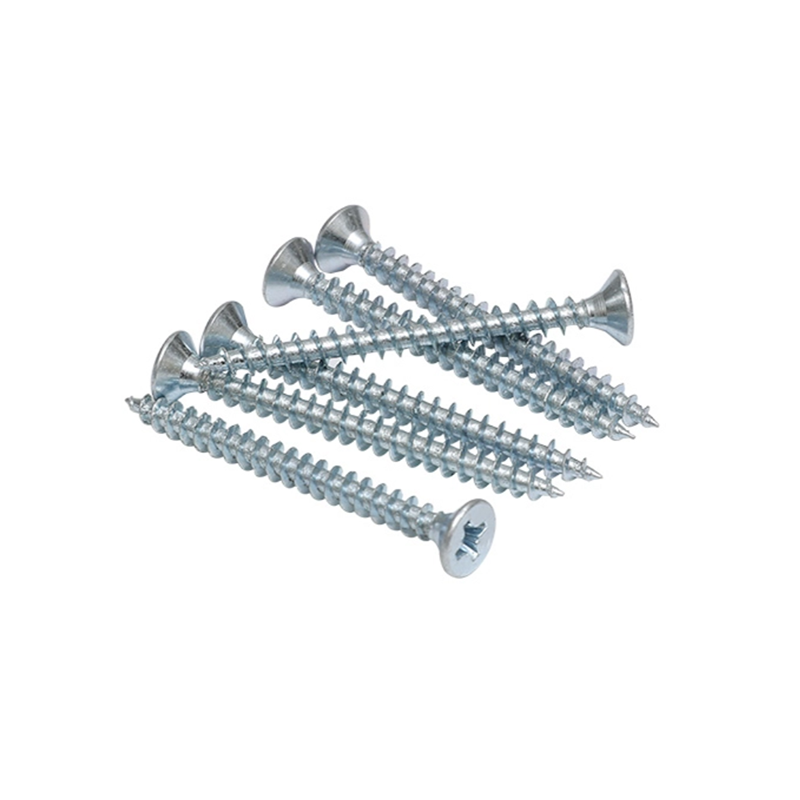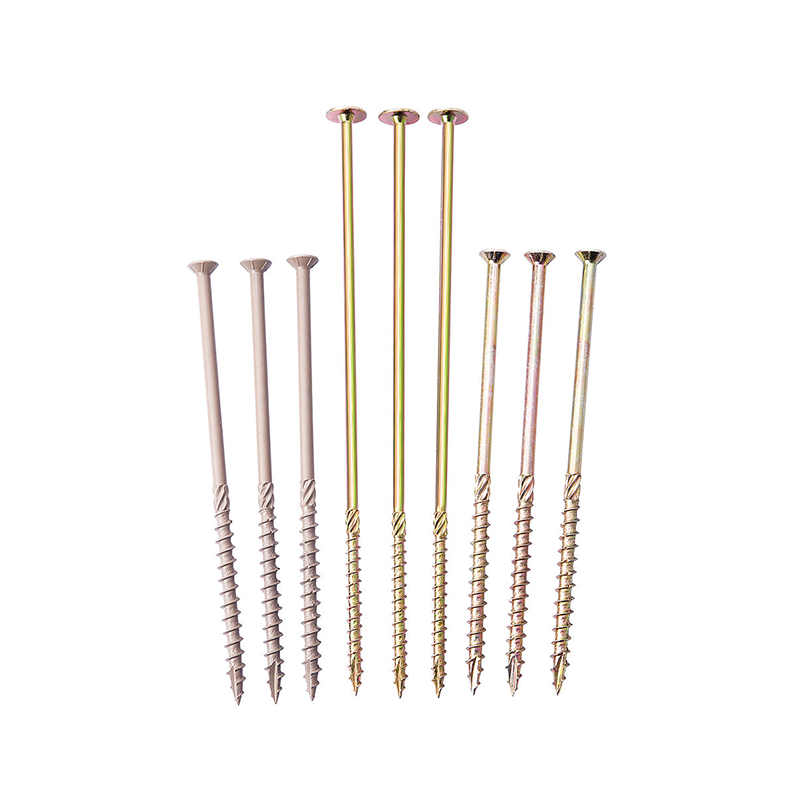How does the thread pitch of a hex bolt impact its grip and performance in high-tension applications?
 2024.09.19
2024.09.19
 Industry news
Industry news
Grip Strength: The thread pitch of a hex bolt—defined as the distance between adjacent threads—directly affects how well the bolt can grip the materials being fastened. Fine-threaded bolts, which have a greater number of threads per unit length, engage more surface area with the mating material. This increased contact area allows the bolt to distribute force more evenly across the threads, resulting in a more secure and robust connection. In contrast, coarse-threaded bolts, which have fewer threads per inch, may engage the material faster during installation but do not distribute the load as uniformly. In high-tension applications, where maximizing the holding power of the fastener is critical, the superior grip of fine-threaded hex bolts ensures greater reliability and reduces the likelihood of the bolt loosening or failing under load.
Tension and Load Distribution: In high-tension scenarios, thread pitch plays a significant role in the distribution of forces along the length of the bolt. Fine threads allow for more precise torque control during tightening, enabling operators to achieve more accurate tensioning. This precision is essential in high-tension applications, such as structural, automotive, or aerospace assemblies, where the integrity of the fastening system is paramount. Fine-threaded hex bolts, due to their closer thread spacing, distribute the load across a larger number of threads, which reduces the stress on any single point and minimizes the risk of thread stripping or fastener failure. Coarse-threaded bolts, while easier to install and less prone to cross-threading, may not offer the same level of load distribution, making them less ideal for applications where precise tension control is required.
Resistance to Vibration: One of the key factors affecting the performance of hex bolts in high-tension applications is their ability to resist loosening due to vibration. Fine-threaded hex bolts, with their higher thread count, are generally more resistant to vibration-induced loosening. This is because the smaller pitch results in a shallower angle of engagement, which increases the frictional forces between the mating threads. As a result, fine threads tend to "lock" more securely into place, reducing the likelihood of the bolt backing out under conditions of constant vibration or movement. In industries such as automotive manufacturing, heavy machinery, and aerospace, where exposure to vibration is common, fine-threaded hex bolts are preferred to ensure that fasteners remain secure over time.
Shear Strength: While fine threads offer better tensile strength and grip, coarse-threaded hex bolts may have an advantage in terms of shear strength. Coarse threads are deeper and more widely spaced, allowing them to engage more material per individual thread. This can result in slightly better performance when shear forces—those acting perpendicular to the bolt's axis—are the primary concern. However, in high-tension applications, where the fastener is subjected to pulling or tensile forces rather than shear, fine-threaded bolts are typically more effective. Fine threads excel in environments where tensile load capacity and resistance to elongation or stretching are the primary performance criteria.
Fatigue Resistance: Fatigue resistance is critical in applications where bolts are subjected to repeated loading and unloading cycles over time. Fine-threaded hex bolts, due to their higher number of threads per inch, tend to distribute stresses more evenly along the length of the fastener. This even distribution of load reduces localized stress concentrations, which can be a common cause of fatigue failure in bolts. Fine-threaded hex bolts are therefore better suited to high-tension applications that involve cyclic loading, such as in the construction of bridges, pressure vessels, or industrial machinery, where long-term fatigue resistance is essential. Coarse-threaded bolts, though quicker to install, may experience higher localized stresses, making them more susceptible to fatigue-related wear and eventual failure in high-tension conditions.



 English
English русский
русский











 Products
Products Tel: 86-574-62101087
Tel: 86-574-62101087 E-mail:
E-mail:  Add: Xiaocao 'e Binhai Industrial Park, Yuyao, Zhejiang, China
Add: Xiaocao 'e Binhai Industrial Park, Yuyao, Zhejiang, China